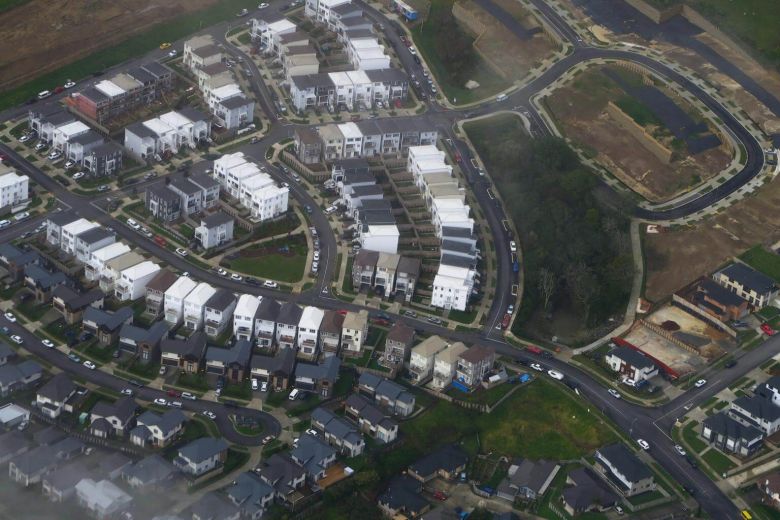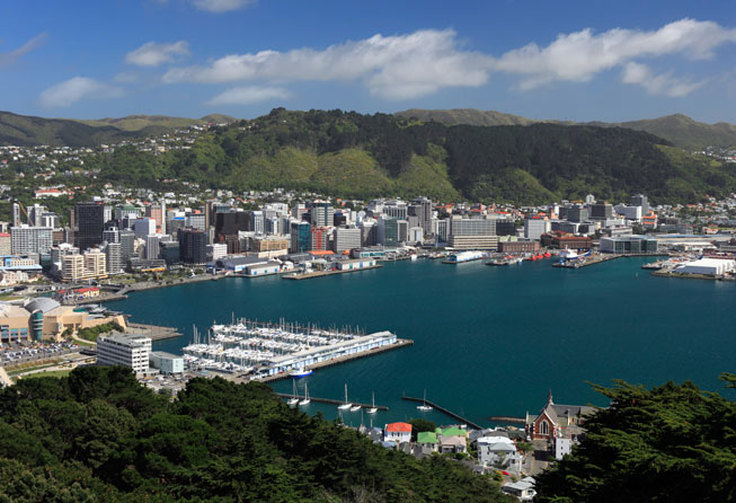Recent years have seen tens of thousands of foreign speculators buying houses and driving up prices in various cities of New Zealand causing prices of properties to increase much higher that the salaries of New Zealanders, making the possibility of owning their first home out of reach for more and more New Zealanders.
New Zealand house prices have surged in recent years, driving the average value in biggest city Auckland to more than NZ$1 million (S$932,000) and putting property out of reach for many younger Kiwis. The law change will bring New Zealand into line with other countries including neighbour Australia, where non-residents are also restricted from buying homes unless they are newly built.
Current investors who owns existing properties in New Zealand may receive a lower valuation in their properties as cash rich foreigners will no longer be able to buy these existing properties from early next year and these investor sellers can only sell to the locals in New Zealand.
In particular are speculators and property buyers from mainland China who poured in more than NZ$10 billion over the last few years to snap up vast plots of land, houses and buildings. In fact, other than New Zealand, Chinese money has pushed up home prices around the world, stoking concern among locals in cities from Vancouver to Sydney.
New Zealand is considered as one of the favoured country for the rich to buy an oasis to retreat to annually. The New Zealand government believes this policy will solve a political problem and put a cap on rising home prices in New Zealand.
The new government, being less than a month old plans to introduce the foreigner property legislation before Christmas and pass the law early next year, before the Trans Pacific Partnership (TPP) is ratified. She said it then won't breach any trade agreements expect the Singapore Closer Economic Partnership, which would be worked through with Singapore as the proposed change means New Zealand can move its focus away from land issues at the negotiating table at Apec.
New Zealand still has concerns about Investor State Dispute Settlement clauses in the TPP, as these confer "greater rights on multi-national companies investing in New Zealand than a New Zealand company has" and the government plans to amend the ISDS provisions of TPP and oppose ISDS in any future free trade agreements.






 RSS Feed
RSS Feed
